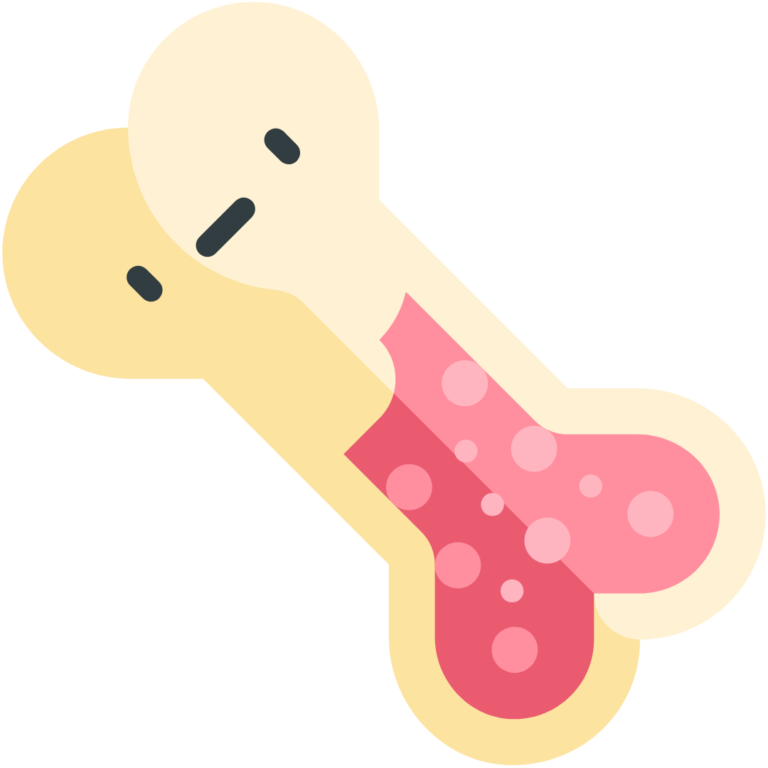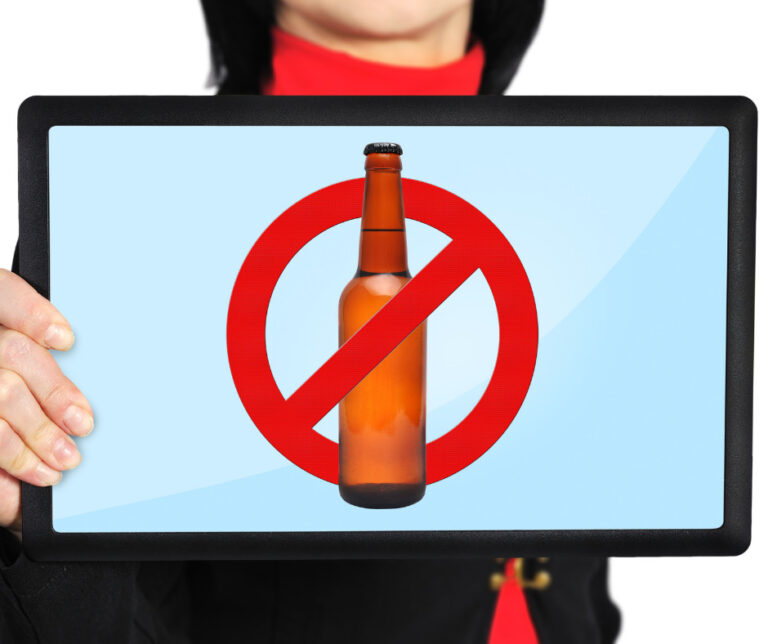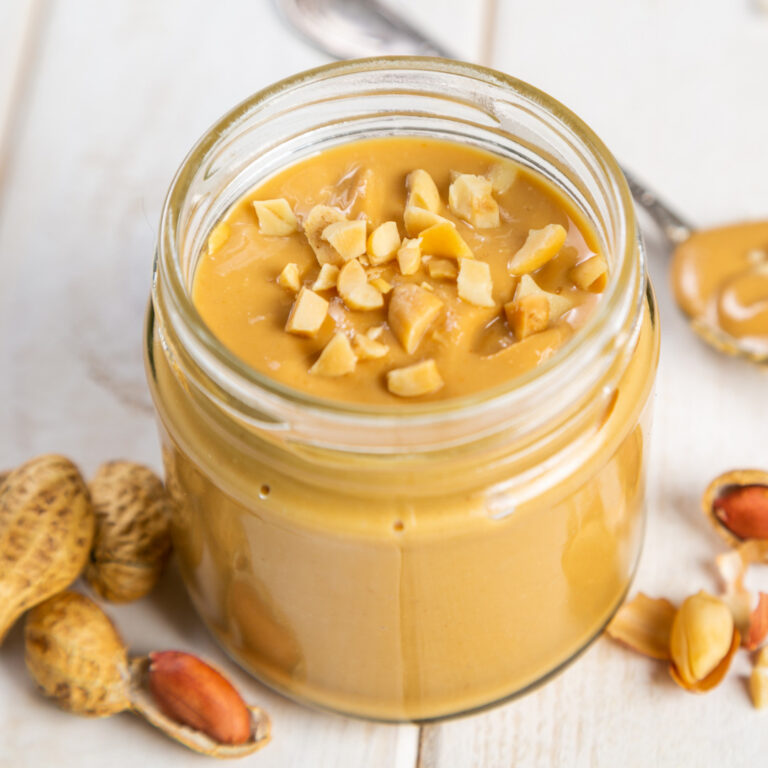Recommended Blood Tests to understand Your Weight Loss Challenges
Are you trying to lose weight and just can’t? It could be something besides your nutrition and exercise. My first recommendation to clients that just can’t seem to lose weight is to talk with their doctor. It isn’t all about calories in vs calories out any more. Especially for women, if your hormones are out of whack you will be fighting a losing battle. Unfortunately, understanding your hormonal balance is more complicate than calories. I loved Dr Natasha Turners new formula for fat loss (no longer based solely on calorie count) is: Hormonal Balance + (Calories In – Calories Out) = Lasting Fat Loss.
To get to root cause and address what is really going on in your body you’ll need to schedule a visit with your doctor and request the following basic blood tests. I am NOT a doctor. These are recommendations I have summarized from:
- Teach the Hormone Cure Course from Dr. Sara Gottfried
- Stop the Madness – Recommended Lab work
- Dr. Natasha Turner, the author of The Hormone Diet
BTW if you just want to do your OWN lab work here is a link to a site I use. Just click on the picture below and it will take you right there.
I would recommend the Weight Loss & Optimal Metabolism Panel but there are other you can browse through.
Below are details of the lab tests you might want to talk to your doctor about.
1. Thyroid Hormone Assessments
Blood Tests you want to requestion: TSH, Free T3 and Free T4 AND Thryroid Antibodies: anti-TPO and TgAB
Why? These four tests are required to accurately assess the function of the thyroid gland, our master gland of metabolism. It’s almost impossible to have a low body fat with an improperly diagnosed or managed case of hypothyroidism (an under active thyroid gland). In fact, even a modest increases of thyroid-stimulating hormone (TSH) may be associated with weight gain according to a study reported in Archives of Internal Medicine (March 2008).
Thyroid Antibodies: anti-TPO and TgAb will help discern Hashimoto’s. Hashimoto’s Disease is an autoimmune disorder that can cause hypothyroidism, or under active thyroid. With this disease, your immune system attacks your thyroid. The thyroid becomes damaged and can’t make enough thyroid hormones. You need BOTH, not just one of them.
2. Vitamin D Status
Blood test you want to request: 25-OH Vitamin D3
Why? Vitamin D levels in the body at the start of a low-calorie diet predict weight loss success according to research released at the Endocrine Society’s 91st Annual Meeting in Washington, D.C (June 2009). For every increase of 1 ng/mL in level of 25-hydroxycholecalciferol—the precursor form of vitamin D and a commonly used indicator of vitamin D status—subjects ended up losing almost a half-pound more on their diet. Higher vitamin D levels also predicted greater loss of abdominal fat. An optimal value for vitamin D in the blood is 125 or greater.
3. Cortisol or the Stress Hormone
Blood test you want to request: Cortisol (best tested in the blood before 9 am)
Why? High levels (more than 15 mcg/dl) of cortisol are detrimental for almost every tissue and organ in the body. It causes destruction of muscle, increases calcium loss from the bone, accelerates the process of aging and is linked to memory loss, anxiety, depression and low libido along with an increase in the deposition of fat around the abdomen.
4. Insulin Resistance Assessment
Blood tests you want to request: Fasting glucose and insulin and these same two tests two hours after eating a high carbohydrate meal. You will go to the lab first thing in the morning after an 8 – 10 hour fast. Then leave the lab and return two hours later for a second blood draw after eating a very large breakfast (including orange juice, pancakes and syrup).
Why? Although insulin plays an essential role in healthy body function, an excess of this hormone will absolutely make you fat. Not only does too much insulin encourage your body to store unused glucose as fat but it also blocks the use of stored fat as an energy source. For these reasons, an abnormally high insulin level makes losing fat, especially around the abdomen, next to impossible. The first sign of insulin resistance is elevated insulin after a meal followed by high fasting insulin. Insulin tends to be abnormal long before blood sugars start to rise typical of the diabetic state.
5. Testosterone Status
Blood tests you want to request: free and total testosterone
Why? Maintaining testosterone levels is crucial to build muscle and lose fat in both men and women. Many men with insulin resistance, obesity or sleep apnea have low levels of testosterone, which is known to increase the risk of heart disease. This also influences erectile function, libido, sense of well-being, mood and motivation. In women, low testosterone is damaging to bone density, a healthy libido and aspects of memory (especially task-oriented memory). If testosterone is too high (often associated with PCOS or insulin resistance), hair loss, acne, increased risk of breast cancer or infertility may occur.
6. Liver Function Assessment
Blood tests you want to request: Liver enzymes – AST, ALT and GGT
Why? Your liver is the primary organ responsible for detoxification, fat burning, fat excretion (via the digestive tract) and ridding your body of hormonal waste. The liver is a major player in achieving hormonal balance because it controls the production of certain hormones, such as T3 thyroid hormone, and the breakdown of others, like cortisol.
Fat burning in the liver occurs through a complex metabolic pathway. A 2006 study published in the American Journal of Physiology – Gastroenterology and Liver Physiology reported that toxins including drugs and alcohol, can cause abnormalities in our fat-burning pathways in our liver. The causes less fat burning, and leads to increased storage of fat in the body and possibly our liver cells too. Over time, excess fat stored in our liver cells can be harmful to liver structure and impair its function.
7. Inflammatory Assessments
Blood tests you want to request: Hs-CRP and Fasting Homocysteine
Why? Homocysteine is a protein which if elevated in the blood (greater than 7), is a proven independent risk factor for heart disease, osteoporosis, Alzheimer’s disease and stroke. Homocysteine has been found to increase with insulin resistance.
Hs-CRP is a marker of inflammation and a risk factor for arterial disease. Levels tend to increase as body fat increases and with insulin resistance. An optimal value is less than 0.8.
8. Growth Hormone Levels
Blood test you want to request: Growth hormone marker: IGF-1
Why? Growth hormone is essential for maintaining healthy bones, skin and hair as well as a strong, lean muscle mass. It tends to naturally decrease as we age; however, conditions like sleep deprivation, diabetes, hypothyroidism, some cases of osteoporosis, anorexia and insulin resistance can cause levels to decline more rapidly.
If you would like any more information from the references I used please let me know.
If you’d like some help with your health or fitness journey why not schedule a FREE 30 Minute Wellness Consultation with me. I’d love to help in any way that I can. Click the book now link below and find a time that works for you
If you’re a women over 50 and you’d like to get moving and feel better you should try one of my online workouts designed just for us; low impact cardio to protect our joints, strength training because its a must as we age, Pilates because a strong core = a strong body and more.
Oh and you can try ALL of my workouts FREE for 7 Days by clicking HERE and signing up!







